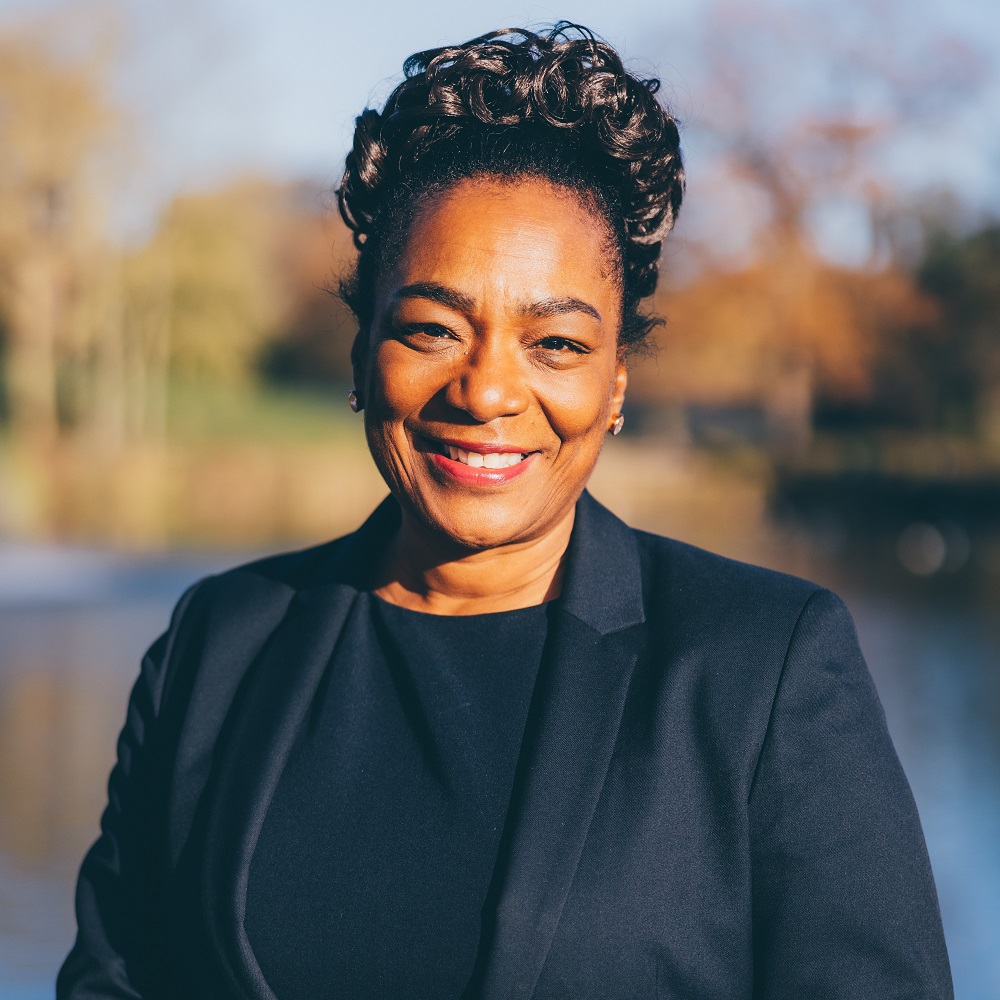Recognising the work of our Inclusion Champions

At Essex, we strive to be an inclusive community that celebrates diversity and challenges inequalities. With students from some 140 countries, and over 25% of our staff from outside the UK, we are an ethnically and culturally diverse community, made up of people with a range of abilities, ages and genders.
With such a diverse community, it is important for us to remain committed to:
- providing equal access to opportunities for all, irrespective of one’s background, identity or circumstance;
- fostering our differences through a supportive network of groups and societies representing various nationalities, cultures and faiths; and
- creating an inclusive environment in which all students and staff can achieve their potential.
While we all have a part to play in fulfilling these commitments, senior leaders at the University and members of the University Steering Group (USG) have a particular responsibility to act as inclusive role models and to connect our everyday decisions, judgements, behaviours and actions with our values. One of the ways in which they fulfil their responsibility is by acting as Inclusion Champions advocating for protected characteristics and beyond.
Each Inclusion Champion has committed to undertake a range of actions centred around three key areas: engaging with the community that they champion, increasing and sharing their knowledge, and providing visible leadership, allyship and advocacy for the groups they represent. You can find out more about the role of the champions on our Staff Directory:
In the last year, the Inclusion Champions have undertaken actions in a number of areas including:
- Building connections with the Student Leaders and Officers from our Students' Union to make sure the Inclusion Champions hear directly from our student community;
- Liaising with the Chairs of various Inclusion forums and networks and participating in planning events for LGBTQ+ History month, International Women’s Day, and Disability History Month;
- Attending events like the Procession of Lights to mark the start of Holocaust Memorial Week and the launch of the Communities room, which provides a safe space that marginalised groups may use;
- Undertaking Equality, Diversity and Inclusion (EDI) training to increase their knowledge and sharing what they have learned with other staff and other senior leaders;
- Supporting and promoting ongoing institutional inclusion work relevant to the protected characteristic they represent such as the Race Equality Charter Action Plan consultation, blogs on religious holidays and observances, LGBTQ+ history month blogs and raising awareness amongst staff and students when the University submitted its Race Equality Charter application;
- Providing support to seek to ensure that representation on the Faith Committee is widened so as to be inclusive of Hinduism, Islam and Sikhism;
- Working with the Centre for Ageing Better and encouraging the University to become the first signee of the Age-friendly Employer Pledge;
- Removing the barrier on the railway bridge between the Meadows and the Keynes to enable those with powered wheelchairs to cross the bridge;
- Ensuring the Ivor Crew is now open 24 hours a day in order to provide an accessible route from the Valley car park to the centre of the Colchester campus;
- Co-ordinating and preparing for a visit from Lord Mann (HM Government’s Independent Advisor on Antisemitism) and members of the All-Party Parliamentary Group Against Antisemitism, as part of a round table discussion with the Vice-Chancellor and other senior staff and stakeholders; and
- Contributing to a session run by the Women’s Network on applying for bonuses and increments through the annual review process.
Feedback we have received from the groups represented by the Inclusion Champions has shown that they’ve had a positive impact over the past year. Staff and students feel their concerns are being taken more seriously, that members of the University Steering Group have a better understanding of the issues being raised and about the lived experiences of marginalised groups, and that the allyship provided by the Inclusion Champions shows an active support that can be called upon when needed.
As the new academic year begins, the Inclusion Champions are excited to once again have new opportunities to connect with staff and students throughout the University, to continue listening and learning, and to continue advocating for the groups that they represent.
